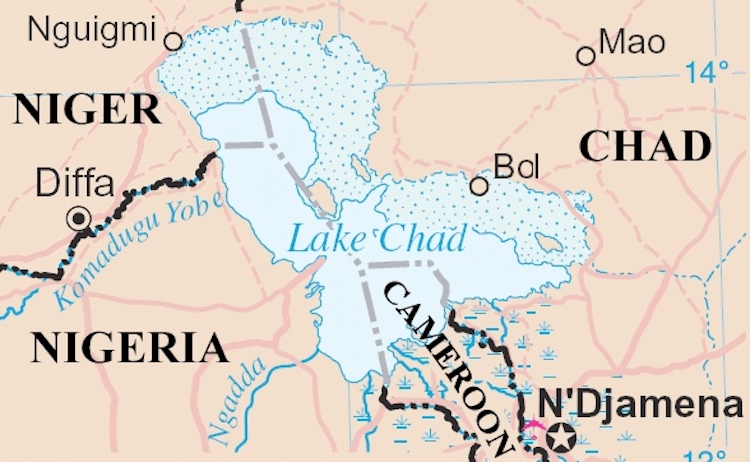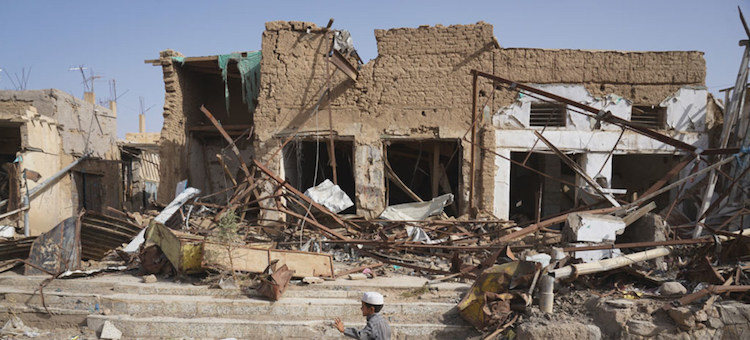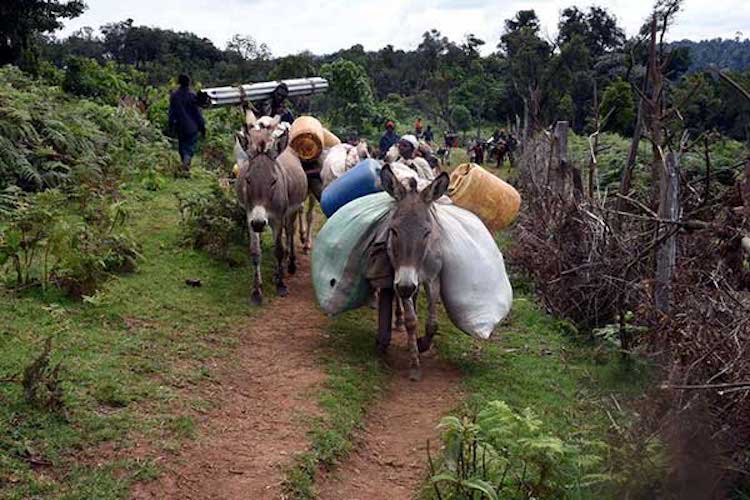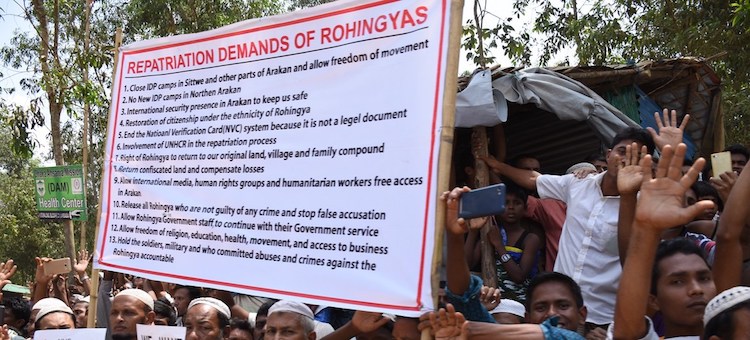By Lisa Vives, Global Information Network NEW YORK | KAMPALA (IDN) – Images of a popular reggae music star in a wheel chair holding crutches have raised questions of whether Ugandan President Yoweri Museveni ordered the arrest and torture of the star-turned-parliamentarian, Bobi Wine, who attended a rally of the opposition in the town of […]
Conference Comes to the Aid of Drought-Stricken, Boko Haram Terrorised Lake Chad Region
By Ramesh Jaura BERLIN (IDN) – Foreign Minister Heiko Maas of Europe’s powerhouse Germany, which joins the UN Security Council next January as a non-permanent member for 2019-2020, has pledged 100 million Euros (116 million USD) in emergency aid until 2020 to lessen the sufferings of over 10 million people in Africa’s crisis-ridden Lake Chad […]
Out of Africa into Asian Games Arena – ‘Shameful’, Critics Say
By Kalinga Seneviratne NEW DELHI (IDN) – It has been simmering since the Doha Asian Games of 2006, which is now perhaps coming to a boil, about whether Arab Gulf States flushed with petrodollars should be allowed to import athletes from Africa merely to win medals at Asian Games. There is a lot of resentment […]
Memories of Iraq-Iran War Haunt U.S. Involvement in Yemen
Viewpoint by Jonathan Power* LUND, Sweden (IDN-INPS) – The evidence that has come out from the UN and NGOs makes clear, without any reservation or ambiguity, that on August 9, 2018 dozens of school children on a bus in Yemen were killed by a Saudi Arabian air-strike, and that American supplied weapons had been used, […]
Kenya Signs Deal with U.S. to Finance Wind Power
By Lisa Vives, Global Information Network WASHINGTON, D.C. (IDN) – Kenya has signed agreements with a U.S. wind energy company, providing a major boost for wind power and food security. President Uhuru Kenyatta of Kenya said the ‘Big Four agenda’ projects – boosting manufacturing industry, promoting food security, providing affordable housing and universal healthcare coverage […]
Settlers Face Eviction in Kenya as Gov’t Plan to Save Trees
By Lisa Vives, Global Information Network NEW YORK | NAIROBI (IDN) – Some 40,000 settlers in the Maasai Mau forest in Kenya face imminent eviction by the Kenyan government which says it is protecting the forest in the name of conservation. Deputy President William Ruto said those who encroached on the forest should be flushed […]
Southern African Governments Pressed for Land Reform
By Lisa Vives, Global Information Network NEW YORK (IDN) – The day of reckoning is arriving in Southern Africa for the hundreds of thousands of blacks whose lands were taken forcibly by white settlers – a crime that goes unpunished despite promises for land reform year after year. Pressure is growing on governments to take […]
The Rohingya are Subject to Genocide, International Community Must Act
Viewpoint by Razia Sultana The author is a Rohingya lawyer, researcher and educator specializing in trauma, mass rape and trafficking of Rohingya girls and women. She has been working with Rohingya women and girls in the refugee camps in Bangladesh documenting the stories of women and girls who fled Myanmar, and has published two reports: […]
Asia Society Names a Global Company CEO as ‘Game Changer’
By J Nastranis NEW YORK (IDN) – Asia Society, in partnership with Citi, has announced the Indian-born Indra K. Nooyi as Game Changer of the Year for 2018 in recognition of her “life-saving collaboration with the United Nations on food, nutrition, global water, climate, and women’s empowerment issues.” Asia Society President and CEO Josette Sheeran […]
‘2030 SDGs Game’ Arouses Growing Interest in Japan
By Ramesh Jaura and Katsuhiro Asagiri BERLIN | TOKYO (IDN) – Reports have it that when Albert Einstein was some five years old and confined to bed, his father gave him a magnetic pocket compass to play with. He twisted and turned it, wondering how the needle always knew to point towards the north. Takeo […]










